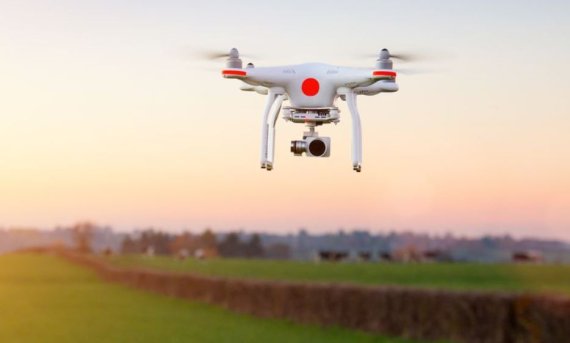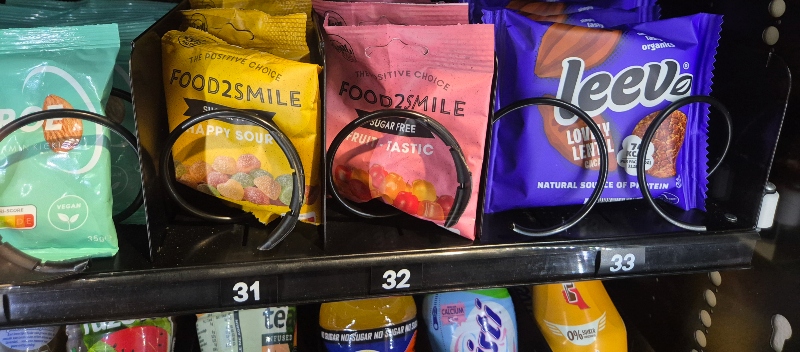Western consumers increasingly want to know how the food they buy is produced and handled. More and more information is becoming available about production conditions thanks to drones and satellites that record the socioeconomic and environmental circumstances surrounding production and tags that keep track of conditions during transportation. Technology such as blockchains also makes supply chains hyper-transparent, says Kos, a PhD candidate in the Development Economics chair group, in an article this month in the journal Current Opinion in Environmental Sustainability.
Knowledge is power
The new technology and data lead to a continuous, fully automated flow of information on food production. This development can help African smallholders get access to Western markets and increase their income, says Kos. The drones and satellites provide information about soil quality and growing conditions, which farmers could use to decide whether or not to apply more fertilizer and crop protection agents. This information could also help them obtain advice, loans, fertilizer and insurance. They could use it as well to strengthen their bargaining position with respect to trading companies. In some cases, the farmers could even cut out the middleman and get more money for their harvest as a result.
Power relations
But hyper-transparent food supply chains also bring new risks. To be part of this information network, farmers need to be able to read and write, have a smartphone, have some access to markets already and be willing to innovate. These boundary conditions are lacking in many rural areas in Africa. What is more, governments in developing countries often do not have the capacity to purchase the technology and use it to generate useful information for the farmers.
That makes the farmers dependent on Western companies, which obtain information about the smallholders’ food production and gain influence through the new technology. The concern is that the companies will not be prepared to share that information publically but will instead use it to grow their business and profits. In that case, the new technology would simply reinforce the unequal power relations in food supply chains.
Legislation and agreements
That is why new legislation on information is needed, concludes Kos. This must ensure that farmers get access to company and market data obtained using drones and sensors. Agreements are also needed that make sure parties in the supply chain share their data as equal partners. Only then can small-scale African farmers strengthen their position in global supply chains and increase their incomes.




